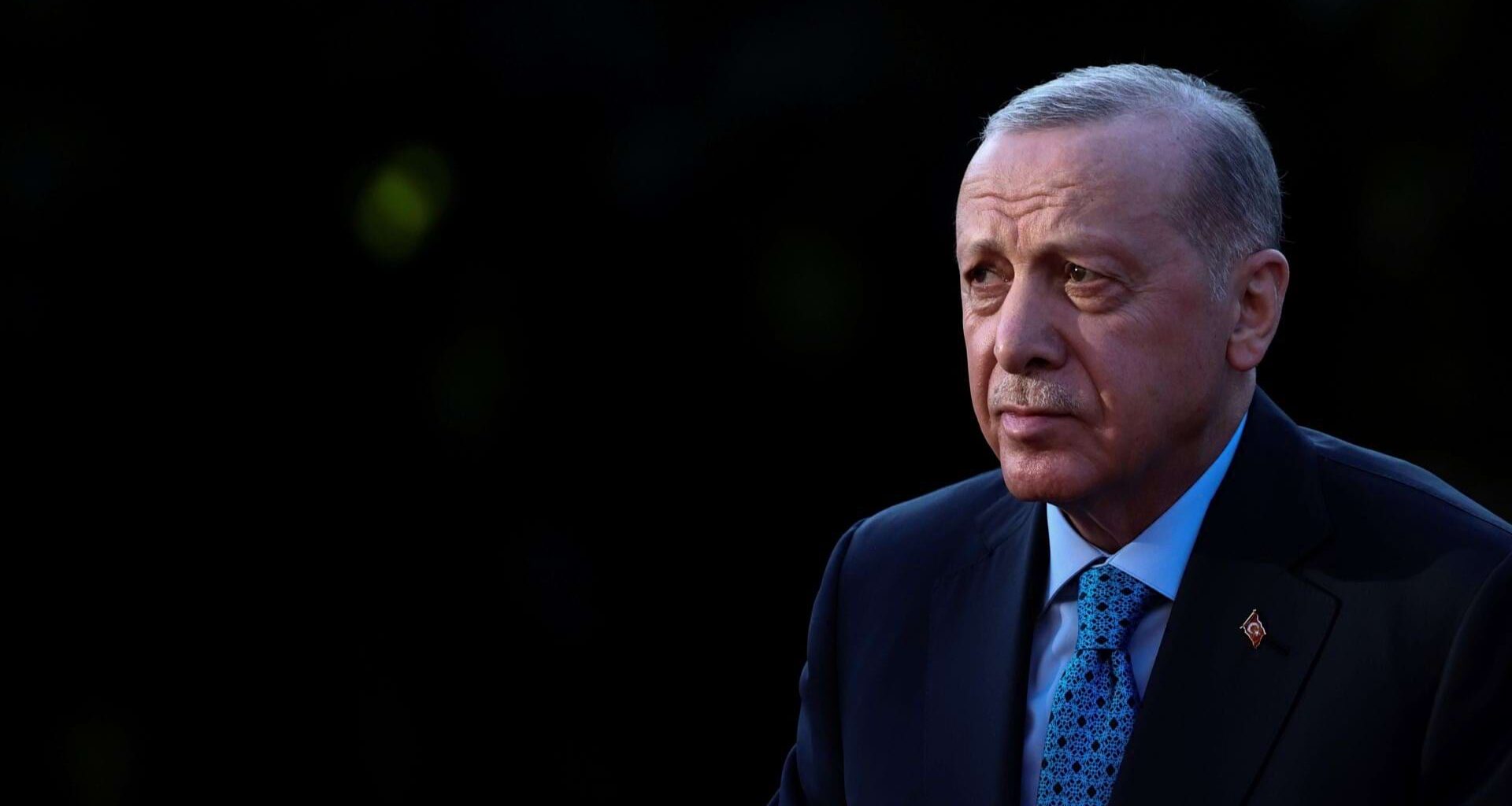When Israel launched its attacks on Iran last month, Turkey, like several other regional actors, swiftly condemned the strikes as a violation of international law. Ankara had ample reasons to be concerned about the consequences of escalation between Israel and Iran, including surging oil prices amid domestic economic hardship, the potential for a new wave of migration and the risk of an emboldened Kurdish insurgency, at a time when the government of President Recep Tayyip Erdogan is cautiously pursuing a peace deal with the Kurdistan Workers’ Party, or PKK. When the U.S. launched its own airstrikes against Iran’s nuclear facilities, the strategic difficulty of navigating a direct confrontation between the U.S. and Iran became an additional cause for alarm.
Yet, the immediate security and economic risks of an Israel-Iran war were not the only worries, and as a result, Ankara continues to have concerns even though the danger of escalation seems to have subsided for now. In particular, Turkey views the Israeli airstrikes not as an isolated event but instead as part of Israel’s broader strategy to reshape the regional order in the wake of Hamas’ attack on Oct. 7, 2023. Speaking en route to last month’s NATO Summit, Erdogan described Israel’s conduct since then as “reckless,” accusing it of pursuing a “strategy of destabilization” in Palestine, Lebanon, Syria, Yemen and now Iran. That view resonates across much of Turkey’s political spectrum.
In Ankara’s reading, the rapidly changing regional dynamics seem to be inexorably leading to three outcomes it finds undesirable: the normalization of the principle of “might makes right,” Israel’s ascent to regional domination and the apparent end of multipolarity in the Middle East. Accordingly, in response to recent developments, Turkey has rhetorically emphasized diplomacy over military power, while ramping up its defense industry investments, strengthening cooperation with Arab states—particularly Saudi Arabia—and courting the administration of U.S. President Donald Trump.
